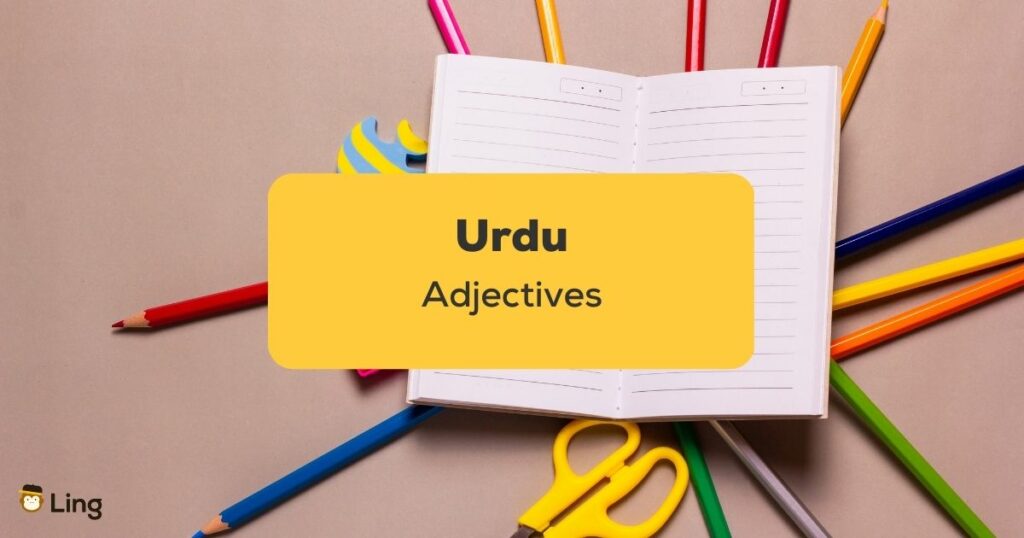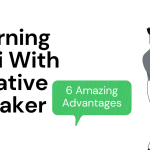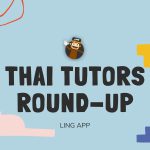Adjectives are words or phrases that describe a noun or pronoun, giving more information about the person, place, or thing being referred to. In other words, we can say adjectives add spice to a bland sentence. For example, compare the following: the girl went to the store; the enthusiastic young girl quickly went to the nearby store. Adjectives truly help to paint a good picture, don’t they? It’s the same for Urdu adjectives too. Let’s take a closer look!
By definition in English grammar, adjectives can be used to describe the size, color, shape, age, and any number of other qualities of a noun or pronoun. In the Urdu language, adjectives, or صفت Sifat, change according to the gender of nouns that come before or after them. So to make that clear, there are two types of adjectives in Urdu, the one that comes before a noun is called the attributive adjective. Those that come after one is called a predicate adjective.
Similar to اسم Asam nouns, adjectives can also be broken down into two categories: marked and unmarked adjectives. As gender plays an important role, let’s look at marked and unmarked Urdu adjectives to understand better.
Marked And Unmarked Urdu Adjectives
As we have seen earlier, the quality of your sentences improves with the details that you add. This includes ضمیر Zameer pronouns, nouns, and of course, adjectives. The important part that you cannot forget is the differences between the genders.

Marked Urdu Adjectives
In the Urdu language, marked adjectives refer to the sound or letters at the end of each word, according to gender. For masculine, it will end with an “ah” sound. For feminine, it will end with an “ee” sound. Here are some examples:
| English | Masculine Adjectives Feminine Adjectives | Pronunciation |
| Good | اچھا اچھی | Acha Achee |
| Small | چھوٹا چھوٹی | Chota Chotee |
| High | اچھا اچھی | Ucha Uchee |
| Tall | لمبا لمبی | Lamba Lambee |
| Big | بڑا بڑی | Bara Baree |
| Bad | برا بری | Bura Buree |
| Same | جیسا جیسی | Jesa Jesee |
| Little | تھوڑا تھوڑی | Thora Thoree |
| New | نیا نئ | Naya Nayee |
| Old | بوڑھا بوڑھی | Burha Burhee |
A point to note is when the nouns become plural, for masculine plural nouns in Urdu, the adjectives change. But for the feminine plural nouns in Urdu, the adjective will remain the same. For example اچھے لڑکے Achey larkey (good boys), اچھی لڑ کیاں Achee larkia (good girls).
Unmarked Urdu Adjectives
Unmarked adjectives are those which do not have a definite ending, so it is challenging to say the gender. It is often from experience and repetition that beginners learn to use these adjectives. You place them by first identifying the noun and its gender. Here are some examples that will help you understand:
| English | Unmarked Noun With Adjective | Pronunciation |
| Big mountain | بڑا پہاڑ | Bara pahar |
| Big Shop | بڑی دکان | Baree dukan |
| Blue skies | نیلا آسمان | Neela asman |
| Fat husband | موٹا شوہر | Mota shohor |
| Pretty picture | پیاری تصویر | Pyaari Tasweer |
Identify the gender of the nouns by noticing the ending sound in each of the adjectives. You will surely get the hang of it!
Urdu Attributive Adjectives & Predicate Adjectives
Here is a short exercise for you. In the following sentences find the adjectives with emphasis on where it is placed. It could be all kinds of adjectives from the colors of things to the number of people. The key in each sentence will be to first find the noun.
| English | Urdu Sentences | Pronunciation |
| The child opened the wooden door. | اس بچے نے دروازاہ کھول دیا | Us bachey ney darwaza kholdiya |
| The handsome actor is here. | وہ خوبصورت اداکار ادھر آیا ہوا ہے | Wo khoobsurat adakar idhar aya huwa hai |
| She was excited about the good news. | وہ یہ خوش خبری سن کے جزباتی ہو گئ | Wo ye khush khabri sunke jazbaati hogayi |
| She wore a beautiful yellow dress to the party. | وہ پاڑٹی میں پیلے رنگ کا ڈریس پہنی ہوئ تھی | Wo party main ek peeley rang ka dress pehni hwui thi |
| The lazy cat curled up in bed. | بلی بستر پر آرام کر رہی تھی | Billi bistar par araam kerrahi thi |
| The delicious food was served on plates. | پلیٹ میں رکھا ہوا کھانا بہت مزے کا تھا | Plate main rakha huwa khaana bohat mazey ka tha |
| He read an interesting book in one night. | ا س رات وہ ایک دل چسپ کتاب پڑھ رہا تھا | Us raat wo ek dilchasp kitaab parh raha tha |
| The room was quiet and still. | کمرے میں بہت خا موشی تھی | Kamrey main bohat khamoshi thi |
| My room is big. | میرا کمراہ بڑا ہے | Mera kamra bara hai |
| The well is deep. | کنواں بہت گہرا تھا | Kuwaan bohat gehra tha |
Learn Urdu With Ling
Urdu is one of the most widely spoken languages in the world, making it a great language to learn for communication purposes. It is a beautiful language, with a unique script and a variety of words and phrases that can be used to express emotions or ideas. Knowing Urdu will give you the added benefit of understanding Hindi and even some Nepali.
Knowing this language also opens the door to its rich culture and history, so you can experience the culture and traditions of the region while learning Urdu. It is steeped in centuries of literature, art, and music. There is a diverse range of traditions and customs. The festivals, poetry, and other cultural activities can be enjoyed by people of all ages and backgrounds.
Ling is a great app to learn Urdu because it offers a comprehensive range of learning materials, including audio and video lessons, interactive quizzes, and grammar tips videos. It also allows users to track their progress and set learning goals.
The app also offers a wide variety of activities, such things as reciting poetry, listening to Urdu stories, and playing fun Urdu games. All of these features make it an ideal platform to learn and speak Urdu.
Choose the Ling app today by downloading it from the Apple Store or Google Play Store. It’s time to explore the world and its people using their native language in order to connect to them! Enjoy learning!
Updated by Samawiyah Hasnain



































































